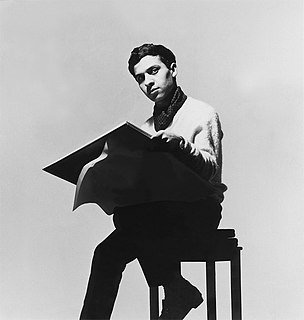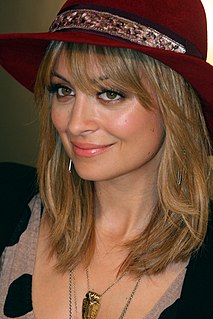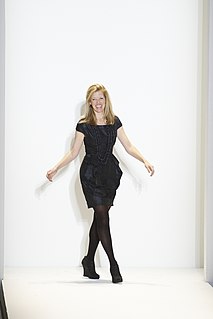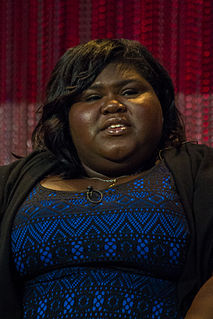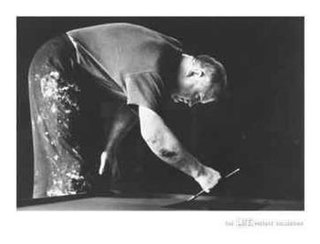A Quote by Azzedine Alaia
I like black, because for me it is a very happy color.
Related Quotes
I, however, like black. It is a color that makes me comfortable and the color with which I have the most experience. In the darkest darkness, all is black. In the deepest hole, all is black. In the terror of my Addicted mind, all is black. In the empty periods of my lost memory, all is black. I like black, goddammit, and I am going to give it its due.
Black is the absence of all color. White is the presence of all colors. I suppose life must be one or the other. On the whole, though, I think I would prefer color to its absence. But then black does add depth and texture to color. Perhaps certain shades of gray are necessary to a complete palette. Even unrelieved black. Ah, a deep philosophical question. Is black necessary to life, even a happy life? Could we ever be happy if we did not at least occasionally experience misery?
Nowadays, people shoot digitally and it's all in color, but you press a button and it all goes to black and white. But it's not lit for black and white. So, it's a tricky thing. If you're going do black and white, you better remember to separate things with light, because color ain't gonna be there.
Everything does come from nature. That's where you get new ideas. Just draw the landscape. I felt doing it with a bit of burnt wood was also good because I was drawing burnt wood with a piece of wood. I wanted to do black and white. After using color, I thought black and white would be good. You can have color in black and white. There is color in them, actually.
...they told me of color, that it was an illusion of the eye, an event in the perceiver's mind, not in the object; they told me that color had no reality; indeed, they told me that color did not inhere in a physical body any more than pain was in a needle. And then they imprisoned me in darkness; and though there was no color there, I still was black, and they still were white; and for that, they bound and gagged me.
We're looking at a story we want to call "Am I Black enough for you?" That's that whole question of who determines what "Black enough" is. Is it color? And if it's color, then are you telling me that Clarence Thomas is Blacker than Louis Farrakhan? If it's not color then what's the line that determines whether you are?
